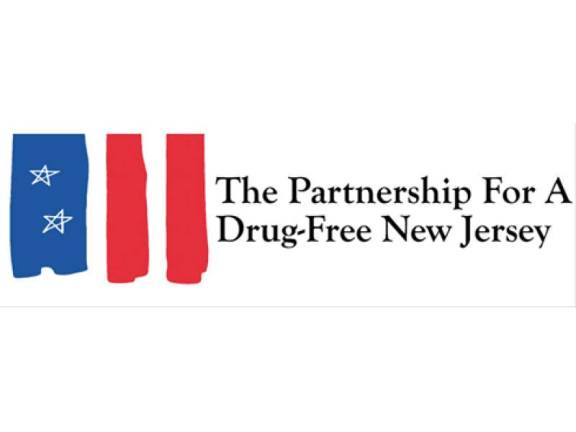New Jersey's response must match the scale of the opiate epidemic

As the costs in ruined lives, avoidable deaths and tax dollars of the opiate epidemic continue to mount, New Jersey’s policy response still does not come close to matching the scale of the problem.
With more than 100,000 of our fellow residents already addicted to heroin or prescription-opiates, more than 5,000 overdose deaths in our state in the past decade alone, and the overdose antidote, Narcan, employed more than 20 times a day in our state, we simply can’t afford any more delay in putting common sense prevention measures in place.
One such essential common sense measure is to give the parents the information they need to protect their teenagers, whose developing brains leave particularly vulnerable, from opiate addiction. This is the concept behind S2156, requiring prescribers to discuss the risks of addiction from opiate-based painkillers before issuing a prescription to a minor patient, as well as when appropriate, discuss potential alternative treatments.
The legislation, sponsored by Senators Joseph Vitale (D-19) and Loretta Weinberg (D-37), passed the state Senate by a margin of 40-1 in October (A more expansive version of this legislation passed the Senate in 2015). Assembly Health Committee Chair Herb Conaway (D-7) has made a public commitment to post the bill for consideration by his Committee. I urge the Assembly to pass this legislation by the end of the year. Every day we delay puts more New Jersey young people and families in jeopardy.
This is because the over-prescribing of opiate-based pain relievers, such as Oxycodone and Vicadin, is the primary cause of today’s epidemic of opiate addiction, both to opiate-based painkillers and their illegal street cousin, heroin. A recently released Johns Hopkins University School of Public Health Report on the Opiate Epidemic, which strongly recommends tightening up prescribing practices, notes, doctors often prescribe pain medications “in quantities and for conditions that are excessive, and in many cases, beyond the evidence base.” And 85 percent of doctors themselves say that opiate-based pain medications are over-prescribed, according to national surveys.
A recent University of Michigan study shows that high school students who use prescription opioids like OxyContin, Vicodin and other pain relievers are 33 percent more likely to abuse the drug by the age of 23. Additionally, research demonstrates that people who abuse or are dependent on prescription opiate painkillers are 40 times more likely to abuse or be dependent on heroin, which is opiate-based as well.
When United States Surgeon General Vivek Murphy spoke in New Jersey earlier this year about how to prevent opiate addiction, he called doctors, nurses and other healthcare providers, "the first line of defense in the battle against addiction." That is why he is devoting so much of his time to getting more doctors to talk to their patients about the risks of addiction and alternative pain relief treatments as well as educate themselves on the latest information on the epidemic and best prescribing practices.
This same need for doctors to provide information about addiction risks to parents before prescribing an opiate to their teenager is why we need S2156 to pass and become law this year. Along with adopting other critical prevention measures that we hope will soon follow, such as requiring that only people who receive ongoing training in best prescribing practices be given the authority to prescribe opiate-based painkillers, arming parents with information when it is most timely is key to curbing this epidemic, which is harming too many of our families. There is simply no more excuses for inaction.
Elaine Pozycki is chair of the Partnership for a Drug-Free New Jersey